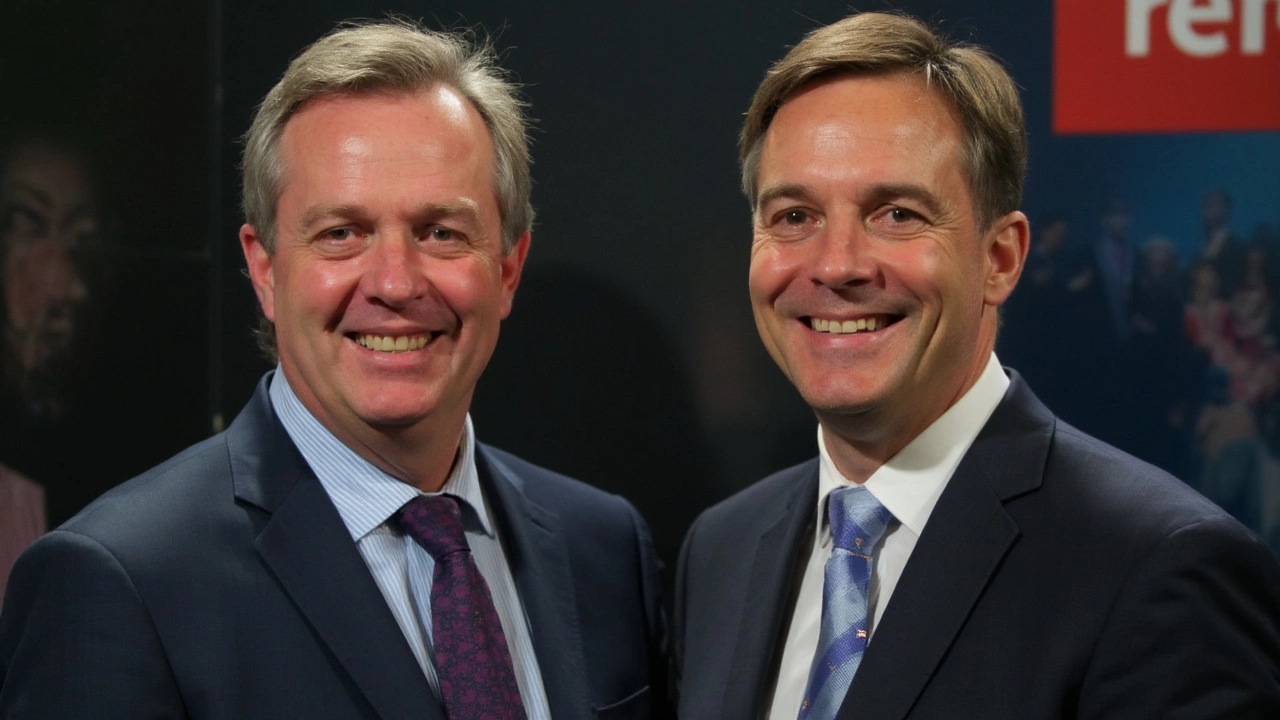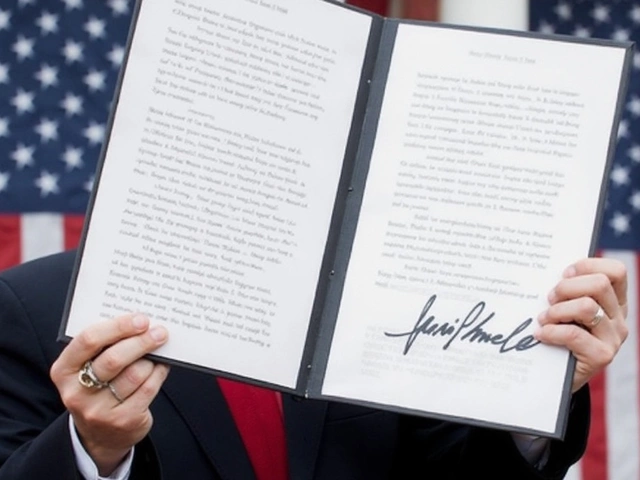An Ambitious Law With Far-Reaching Consequences
The UK’s Online Safety Act is shaking up the digital world before it’s even come into full force. Set to take effect in July 2025, this law demands that social media platforms, messaging services, search engines, and all sorts of websites take on a policing role like never before. The rules are heavy: if platforms don’t remove illegal content fast enough, or if they fail to block content considered “harmful” to kids, the fines can hit as high as £18 million or 10% of global revenue—whichever’s bigger. That’s not pocket change for any tech business, from Silicon Valley giants to small UK startups.
But what exactly counts as “harmful” content? This is where things get murky. The Act’s wording leaves plenty of room for interpretation, especially when it comes to political or journalistic material. These vague boundaries worry campaigners, who say it’ll push platforms to take down more content than necessary to avoid falling foul of regulators. It’s the classic chilling effect: better safe (and bland) than sorry (and fined).
Age Checks, Encryption, and the End of Online Anonymity?
The push to shield children from adult content has led to another thorny new requirement: mandatory age verification. Forget ticking a box that says “I’m over 18.” Now, platforms are expected to roll out age checks using facial recognition services, banking info, official ID scans, or services that tie your digital account to your real-life details. Faces and bank records are suddenly in play simply to browse parts of the web. Privacy advocates are raising the alarm—scanning faces, storing IDs, and handling sensitive information create tempting targets for hackers and, in their words, normalize surveillance in daily life.
It gets more complicated with encrypted messaging apps. Services like WhatsApp and Signal rely on end-to-end encryption so only sender and receiver can read messages. The Act’s push for content scanning—even to sniff out illegal material—contradicts the entire point of encryption. Security experts warn this either forces platforms to break encryption or creates dangerous loopholes for hackers and government surveillance. So, you may be safe from trolls, but less safe from snooping.
The government, meanwhile, isn’t just waiting to see what platforms do. Under the Act, officials can instruct Ofcom—the UK’s communications watchdog—to set new rules, force compliance, or even block entire sites. This “kill switch” power, combined with the new Foreign Interference Offence against state-backed disinformation, has free speech groups nervous about political meddling. Ofcom’s soon-to-launch advisory committee on misinformation will have its first sit-down in April 2025, and its advice could shape the future of speech online in the UK and beyond.
Groups like the Electronic Frontier Foundation and Big Brother Watch say the law sets a dangerous precedent, making mass content checks just another day at the office. They’re especially worried that legitimate speech—news stories, political opinions, even jokes—will get swept up in moderation algorithms. And since the big tech companies set the tone for the whole world, critics believe what happens in the UK may echo far beyond its shores.





